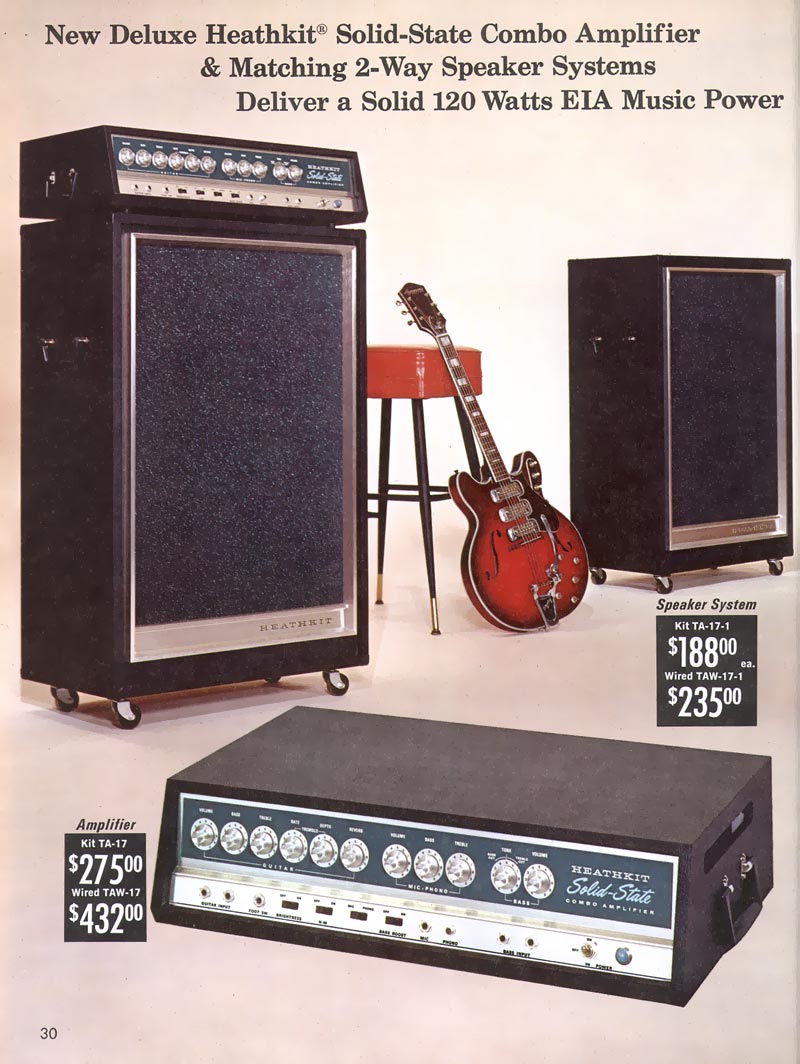Ricardus
WILL SOLDER FOR FOOD
So I was given a Heathkit C3 Condenser Tester yesterday in really amazing condition. It works but I'll recap it and replace some out of spec resistors. The precision caps in the condenser "meter" section have drifted.
I also have a NOS AA32 that I've been meaning to build for a few years now. Well, since winter is coming and cash for other builds is nowhere in sight, I'll be starting this soon, too.
I also have a NOS AA32 that I've been meaning to build for a few years now. Well, since winter is coming and cash for other builds is nowhere in sight, I'll be starting this soon, too.


























![Electronics Soldering Iron Kit, [Upgraded] Soldering Iron 110V 90W LCD Digital Portable Soldering Kit 180-480℃(356-896℉), Welding Tool with ON/OFF Switch, Auto-sleep, Thermostatic Design](https://m.media-amazon.com/images/I/41gRDnlyfJS._SL500_.jpg)









